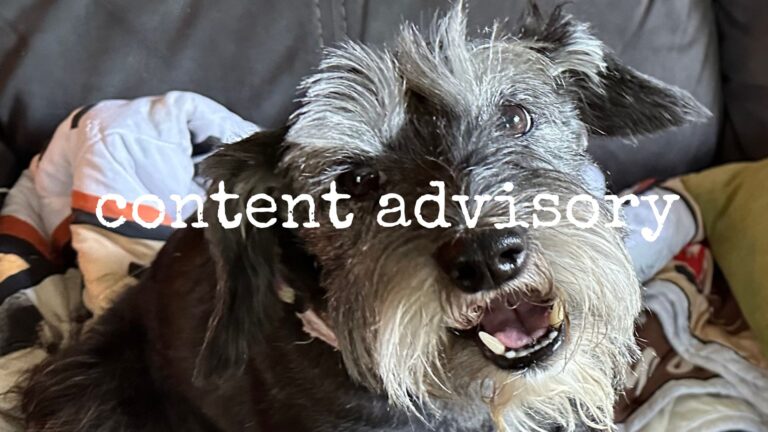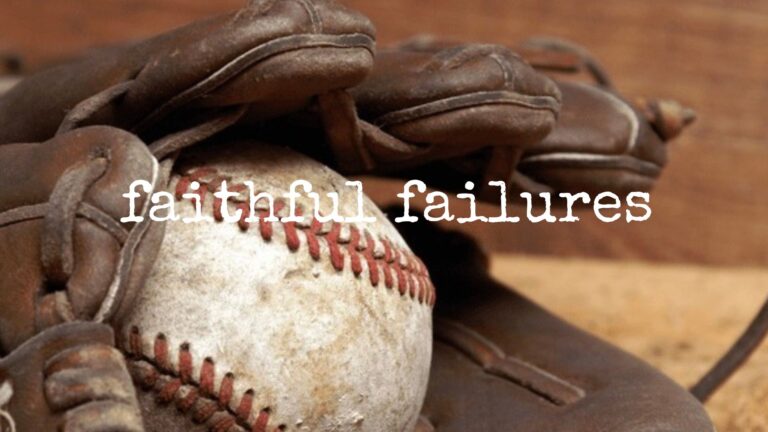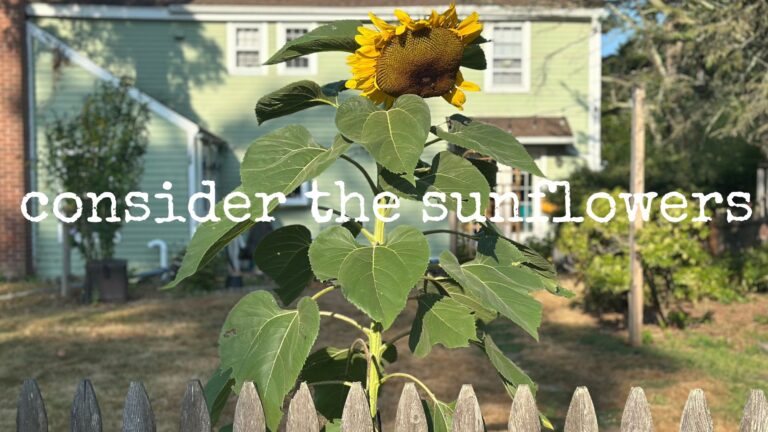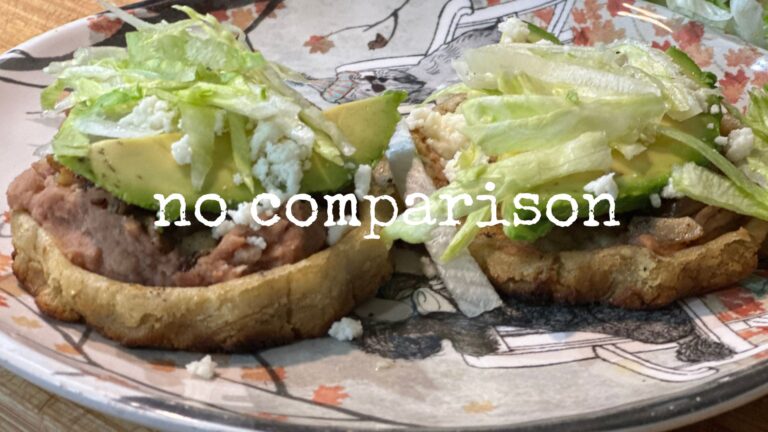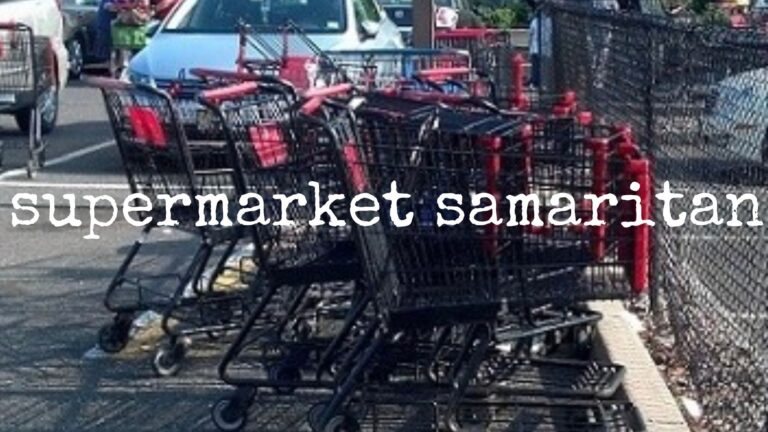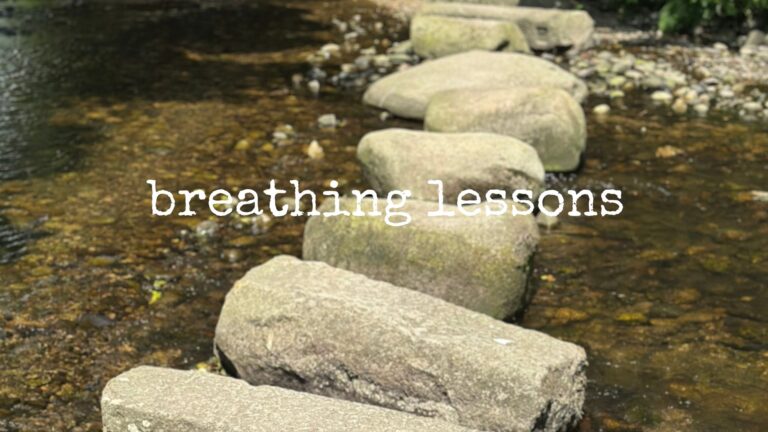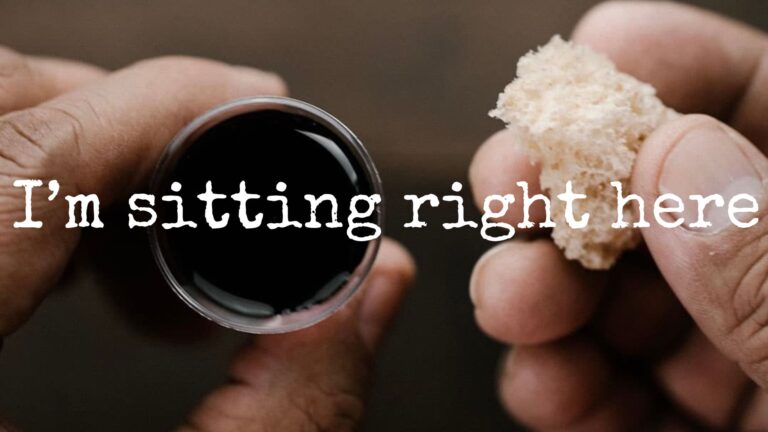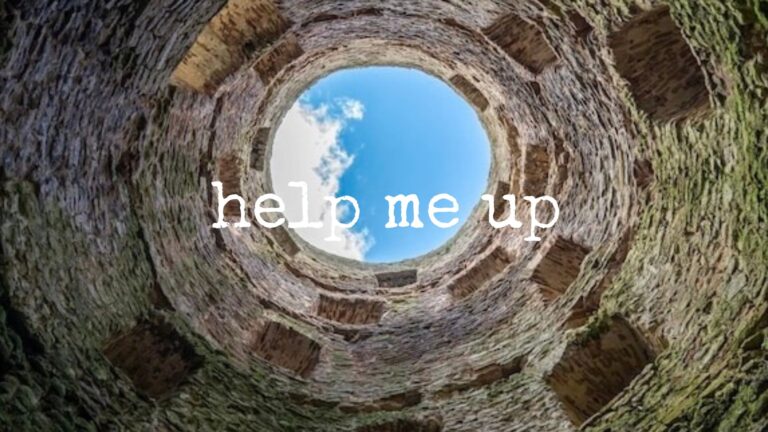We almost had a show-and-tell sermon this morning.
I seriously thought about bringing Elena, one of our Schnauzer rescue pups. We have had her almost two years, though we got her thinking it was a hospice situation and she would only be with us for a couple of months. We were going to be her soft place to land.
Elena was found abandoned in a house in Paterson, New Jersey, along with twelve cats. When they found her, she had bladder stones the size of tennis balls—and she only weighs about twenty-five pounds. The shelter paid for surgery to get her out of her misery but thought the bladder infection that had caused the problem would be ongoing, which is why they didn’t expect her to live.
When Ginger drove to Paterson to pick her up, the woman at the shelter told the pup, “You’re moving up: you’re going to Connecticut.”
We named her Elena because we learned she understood Spanish. In the early days, we had to say, “Aqui, aqui” to get her to come inside. She has become bilingual, but one of our nicknames for her is Señorita Elegante. Anita, our vet, bombarded her with antibiotics when she first came home and managed to eradicate the infection we thought would kill Elena, and now, two years later, she is living her best life. She is, as Ginger says, just happy to be in the room.
She is content with her life, which is why I wanted to bring her, because the heart of our passage this morning is about being content. I pictured Elena stretched out on the carpet here next to me, as she does in our kitchen, with her tail wagging like a metronome and a smile on her face. Maybe you can picture it as well.
The writer of Hebrews calls his readers to be content with what they have—to live like Elena—but the spirit of the whole passage is about more than choosing not to be acquisitional or greedy.
In the first part of the paragraph, the writer says first, “Keep on loving each other like family,” but then he widens the definition of who each other is: “Don’t neglect opening your homes to strangers because you never know who you’re letting in—it might be an angel.” Then he says, “Remember prisoners as if you were their cellmate,” and, “Remember those who are suffering and abused as if you were in their place.”
Those are all things integrally connected to contentment. The root of our English word means “to hold within limits” or “to hold together,” which makes the word about more than what we do with our desires for stuff, but also about how we treat each other.
There is not a human being in the world to whom we are not connected. To think of family in the widest definition is to face the reality that the children in Gaza who are starving are not an idea, they are children like ours. The people filling our prisons are not statistics, but human beings with families and friends who are being crushed under the weight of a dehumanizing system. The people who need food stamps are not concepts but hungry people who don’t have a way to get food.
To be content is to see beyond the issues and see the people—to see ourselves in their eyes—and to respond to them with compassion rather than seeing them as competing for the things we need and want to stay comfortable, which is the way the needs of poor and hungry people are often viewed.
Most of the time, we think about contentment being the opposite of greedy or needy. I have already made that connection in this sermon. But the writer of Hebrews adds something else. Right after he says we should be content with what we have, he says,
After all, God has said, “I will never leave you or abandon you.”
This is why we can confidently say, “The Lord is my helper, and I won’t be afraid. What can people do to me?”
Contentment is what holds us together to get beyond fear. Fear of not having enough. Fear of being alone. Fear of . . . the list goes on and on.
A few months after we got Elena, Ginger and I went on a trip and were gone a couple of weeks. Rachel, my mother-in-law, cared for the pups, as she has done for many trips over many years. When we got back, everyone was glad to see us, but Elena was beside herself. She jumped in our arms and let out a mournful moan that felt like it came from deep in her soul. It brought tears to our eyes. We each held her for a long time and she stayed close the rest of the evening.
The meaning of her moaning struck us a bit later when we realized this was a little dog who had been abandoned. Her people left her locked in a house with a bunch of cats and never came back. Every day of our trip she must have wondered if it was happening again, even though Rachel was there, she had food every day, and she could get outside. Her fear of abandonment runs deep, and for good reason, so I am grateful for the evenings when she lays on the rug and smiles at me—when we can help deepen her sense of trust and contentment.
The reality of life in our nation right now is frightening. There’s a lot to be scared of and it seems like it is going to get worse before it gets better. Fear is our greatest commonalty. We are told to be scared of pretty much everyone and everything. As we feel the fear rise up the way Elena worried we weren’t coming back, let’s remember that nothing separates us from the love of God. Let’s remember that, though we have legitimate reasons to be afraid, fear is not the last word. Love and trust are what hold us together, on beyond wars and panics and dictators.
I am not saying it’s going to be easy. I am saying we will survive if we take care of each other—all of the each others. To paraphrase the apostle Paul,
I’m convinced that nothing can separate us from God’s love in Christ Jesus: not death or life, not angels or rulers, not present things or future things, not powers or height or depth, not social media or artificial intelligence, or any other thing that is created.
May we be content. May we hold things together as the beloved children of God, opening our homes and our hearts to all that love can do.
Peace,
Milton
